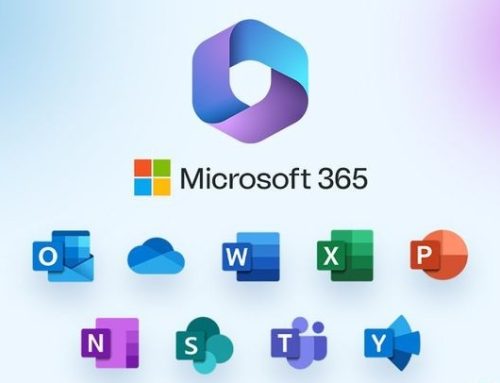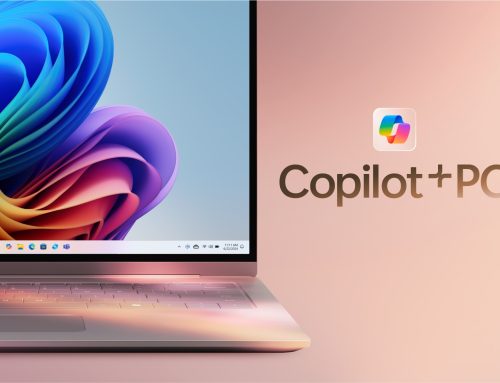BT have recently announced that they intend to have all their clients moved to their IP network (the network that Internet services run over) by 2025. So what does this mean? Well the majority of us still use BTs PSTN (public switched telephone network) for our home telephones and often also for fax lines in offices. Most business also use the ISDN (integrated services for digital network) network for our office phone systems. With BT planning to switch both of these services off within the next 10 years then we should really start planning what we are going to move to. So what are the options?
For home users the choice seems fairly straightforward. Most people already run mobile phones instead of traditional landlines and with the cost of mobile tariffs continuing to fall along with the convenience of having one number that can reach you wherever you are, we expect them to have completely replaced landlines within the next 5-10 years.
For businesses the situation is a little more complex. Certainly we would not expect mobile telephony to replace traditional business phone systems in their entirety – although no doubt mobile phones will become a more integrated part of business communications. Most business will likely move to a form of IP (internet) telephony – and in fact many businesses already have. Broadly speaking there are two approaches to this:
SIP trunks
These effectively replace your old ISDN lines and will connect in to a compatible phone system installed at your offices. The Office phone system will then use the SIP trunk much as it would have done with your old ISDN lines. We expect this approach to be popular with medium to larger businesses who have already made a significant investment in on premise equipment and wish to ‘sweat the asset’ or perhaps larger organisations where it makes sense to have an on premise phone switch. SIP trunking offers more competitive call charges to traditional ISDN lines but does offer less flexibility compared to a hosted phone system – still requires a capital investment in the hardware.
Hosted VoIP telephony
This is where your phone system is hosted in the cloud and is usually provided on a cost per user per month basis. Your staff will connect to the phone system either through a traditional style desk handset, as ‘softphone’ on your PC (like using Skype) or a mobile app. Hosted VoIP telephony is very flexible as you pay only for what you use and the user experience does not change wherever it is used from – making is great for mobile or home workers. VoIP telephony is already very popular with SME businesses and with both the cost savings and benefits being very compelling, we expect many more to switch to this service over the coming months and years.
Both SIP and VoIP telephony do require access to a stable Internet connection – but with this increasingly becoming less of an issue businesses should really be evaluating their options.
To understand what IP telephony means to you, or for a free 30 day trial of our cloud telephony service, contact our Sales Team on 0330 124 3599.







